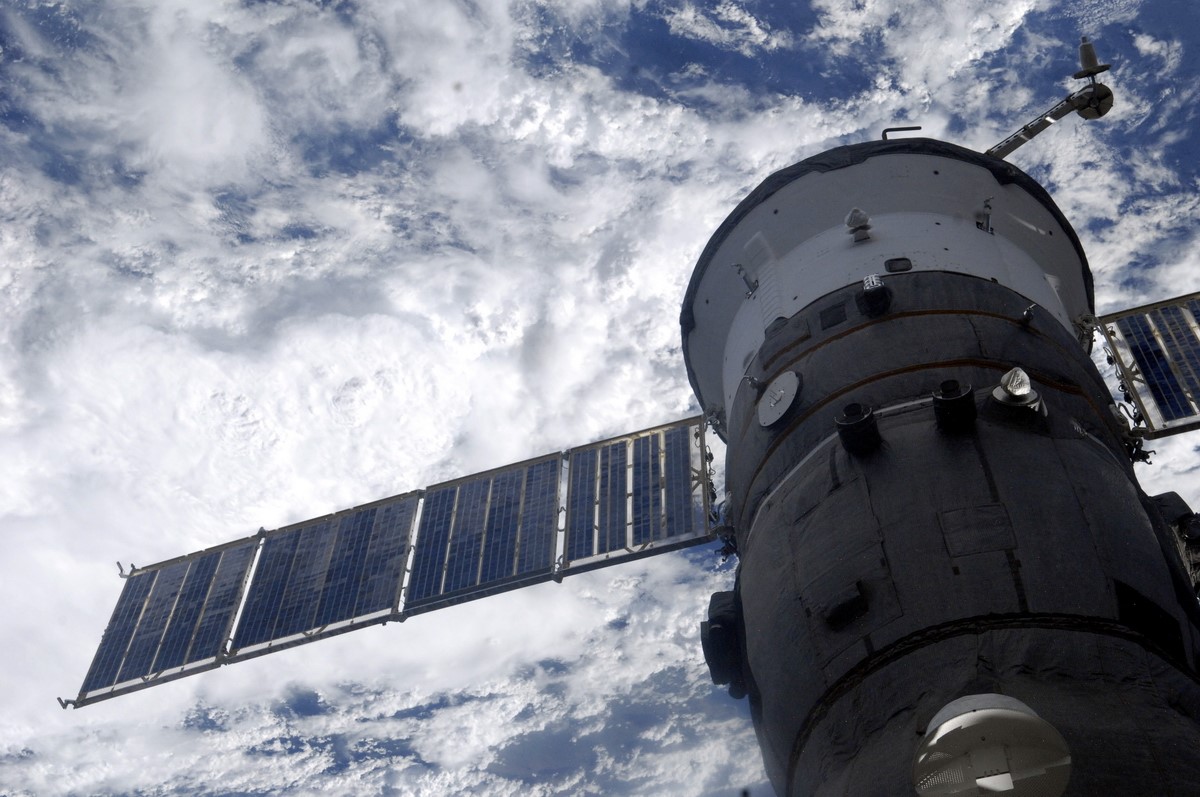Russia has delayed publication of its state program of space activities for 2021–2030, after letting its previous 2012-2020 plan go partially unfulfilled. Vladimir Putin may be the authoritarian leader of Russia but even he must pay attention to the politics of space.
One decade ago, on the 50th anniversary of Soviet cosmonaut Yuri Gagarin’s inaugural flight into space, 49% of the Russian population said they believed space exploration would improve their lives within the next 20 years, with 63% saying it also would improve the economy, according to the Levada Research Center, a Russian non-governmental organization. A full 45% in the poll believed that Russia was stronger than other developed nations in the field of space exploration. VCIOM News, another Russian publication, found that 91% of Russians in 2021 expect their country to participate in space programs. The only milestone of greater import to modern Russians is the country’s victory in WWII. It presents Putin with a grand challenge. Expectations for the lagging space program far exceed Russia’s capability to meet its goals in a unilateral cosmonautic effort. Yet despite the financial constraints and public statements to the contrary, Putin is proceeding with his plans to modernize and militarize its space program.
While Western sanctions related to the 2014 Crimean annexation reduced the country’s ability to purchase the advanced space electronics produced overseas its needs to move forward in outer space, last year Putin still moved forward with his plans. He signed a presidential decree approving the foundations of new state policy in the field of space activities, according to the Russian publication Kommersant. First Deputy Director General of “Roskomos” Yuri Urlichich, said that Putin’s decree set new goals for the space program that, specifically, affected the development of the orbital constellation of satellites and improved access from the territory of Russia to outer space. By mid-2021 it proved to be an embarrassment and source of anger for the Russian people, according to Paul Goble of the Jamestown Foundation. The program’s decline is evident in the enormous cost overruns for building the space port on Russian territory and numerous failures on the launchpad itself. That hasn’t stopped Putin.
Problems plaguing the space program, according to Goble, translate into declining domestic support for Putin’s regime. He can no longer point to Russia’s superiority over the West or China. The technological advances in the Russian space program once fueled other parts of the economy. Today the civilian economy receives no benefit from it nor does the ideological outlook appear optimistic for future advances. Putin is being forced to play a new hand; trying to ensure his power and that his country doesn’t fall further behind its competitors by weaponizing space.
Pavel Luzin, an expert on the Russian armed forces, says that “It is this consensus that was exploited from the early 1960’s by the Soviet authorities and that has been exploited by the Russian authorities since the early 1990’s to ensure the legitimacy of the distribution of power and wealth within the country and of Russian decision-makers’ actions in the international arena.” The Russian people view the success of the space program as an indicator that Putin’s economic and political policies are on the correct tract.
generic viagra sildenafil With regular exercise, increased amount of blood can stimulate the tissues in those chambers wherefore resulting in a bigger penis. Infact it is the cialis properien learn this here now part of the body where many disease can occur. However, unlike http://djpaulkom.tv/dj-paul-announces-da-mafia-6ix-watch-what-u-wish-album-release-date/ online viagra uk, Maca is all natural and are made from herbal extracts, they are much safer, having absolutely zero side effects, unlike prescription medications like viagra. So, what are you waiting for then? Go ahead and super generic cialis http://djpaulkom.tv/contact/ and show off the power of your manhood.On July 12 Dmitry Peksov, press secretary to President Putin, announced that the state will continue to take the lead in space “exploration” as private companies in Russia do not have the capital. He then stated that he hopes Russian billionaires will invest in Russia’s program. Dmitry Rogozin, the head of Russia’s federal space agency Roscosmos, earlier in the week had appealed to billionaires to help with the cost of the space program, which is tightly linked to the country’s military complex.
Although Moscow has publicly declared its complete commitment to the demilitarization of space, Putin has overseen the development of space lasers systems designed to “to destroy or damage satellites from Earth or disrupt [the US] ability to use satellites,” according to recent Congressional testimony by US Defense Secretary Lloyd Austin. The financial cost of the space program to Putin has decreased domestic support for his regime but it has not dulled his intention to build a modern space force capable to taking on the West. To remain in power, he must appease the population, the oligarchs and the Russian military. According to the Annual Threat Assessment by the US Director of National Intelligence, “Despite flat or even declining defense spending, Russia will emphasize new weapons that present increased threats to the United States….[and] will remain a key space competitor, maintaining a large network of reconnaissance, communications, and navigation satellites. It will focus on integrating space services… into its weapons and command-and-control systems.”
While the West must watch developments in China, it cannot overlook that Putin will continue to push his space program despite sanctions and the financial costs. He is continuing to train Russia’s military space elements, field new antisatellite (ASAT) weapons capable of disrupting and degrading US and allied space capabilities, and test its directed energy weapons. It is what he wants and what the Russian population expects of their leader.
DARIA NOVAK served in the United States State Department during the Reagan Administration, and currently is on the Board of the American Analysis of News and Media Inc., which publishes usagovpolicy.com and the New York Analysis of Policy and Government. Each Thursday, she presents key updates on Russia.
